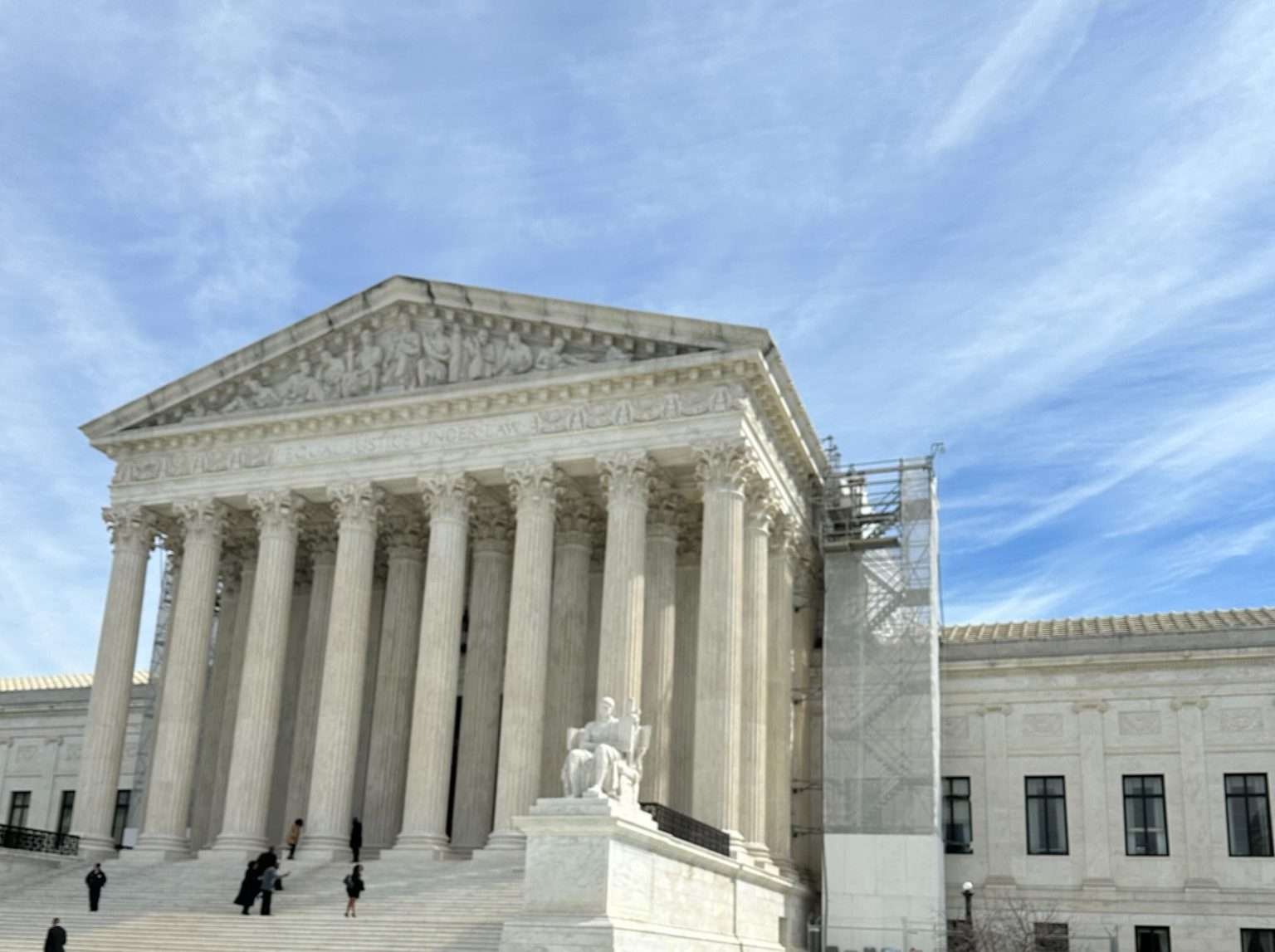[ad_1]
Washington, D.C : The Supreme Court has struck down a Republican challenge to the Biden administration’s efforts to encourage social media platforms to remove disinformation. The court’s decision came after the administration appealed a lower court’s order that would have restricted its communications with social media companies about moderating content, particularly around topics like COVID-19 and the 2020 election.
In a majority decision, the justices allowed the administration to continue its interactions with these platforms while the case proceeds. The court’s ruling essentially blocks the injunction that would have limited the government’s ability to flag misleading content for social media companies, which the administration argues is crucial for public health and safety.
Justice Samuel Alito, joined by Justices Clarence Thomas and Neil Gorsuch, dissented, expressing concerns that the decision might be perceived as endorsing heavy-handed government tactics to control the narrative on social media platforms. They argued that this could be seen as a violation of the First Amendment, potentially leading to undue suppression of diverse viewpoints online.
1. Background:
- Context: The Biden administration has been actively encouraging social media platforms to take stronger actions against disinformation, especially regarding elections, public health, and national security.
- Challenge: Republicans argued that these efforts constituted government overreach, infringing upon First Amendment rights by pressuring private companies to censor content.
2. The Case:
- Filing: The lawsuit was initiated by a coalition of Republican state attorneys general and conservative advocacy groups.
- Arguments: The plaintiffs claimed that the Biden administration’s actions amounted to coercion, forcing social media companies to limit free speech.
- Defense: The administration argued that its guidance was necessary to protect the public from harmful misinformation and ensure the integrity of information shared on widely used platforms.
3. Supreme Court’s Ruling:
- Decision: In a 6-3 vote, the Supreme Court ruled in favor of the Biden administration.
- Majority Opinion: Justice [Name], writing for the majority, stated that the government’s actions did not violate the First Amendment, as they were recommendations rather than mandates.
- Dissenting Opinion: Justice [Name], in the dissent, argued that even non-binding guidance from the government could have a chilling effect on free speech.
4. Implications:
- For Social Media Platforms: The ruling supports the ability of social media companies to collaborate with the government to address disinformation without fear of legal repercussions.
- For Free Speech: The decision is expected to reignite debates about the balance between combating disinformation and protecting free speech rights.
- For the Biden Administration: The ruling is seen as a validation of the administration’s approach to handling disinformation and may embolden further efforts in this area.
5. Reactions:
- From the Administration: President Biden welcomed the decision, emphasizing the importance of accurate information for a functioning democracy.
- From Republican Leaders: Many Republican leaders expressed disappointment, reiterating concerns about government overreach and the potential for abuse.
- From Legal Experts: Opinions among legal scholars are divided, with some praising the decision for its pragmatism and others warning of its potential impact on free speech.
6. Future Outlook:
- Legislative Actions: The ruling may lead to new legislative efforts aimed at clarifying the limits of government involvement in social media regulation.
- Technological Developments: Social media platforms are likely to continue enhancing their disinformation detection and removal technologies in collaboration with governmental agencies.
Conclusion: The Supreme Court’s decision marks a significant moment in the ongoing battle over the regulation of digital content. As social media continues to play a pivotal role in public discourse, the balance between curbing disinformation and protecting free speech will remain a contentious and evolving issue.
The case centers on whether the government’s actions constituted a violation of the First Amendment by coercing social media platforms to censor certain content. The Republican attorneys general from Missouri and Louisiana argued that the administration’s pressure on tech companies amounted to unconstitutional government overreach. They claimed that this “coercion” led to the suppression of free speech on significant public issues.
However, the Supreme Court, in a temporary ruling, blocked a lower court’s injunction that would have restricted the administration’s communications with social media companies. This decision means that federal officials can still engage with these platforms to address misinformation while the case is under review
[ad_2]



